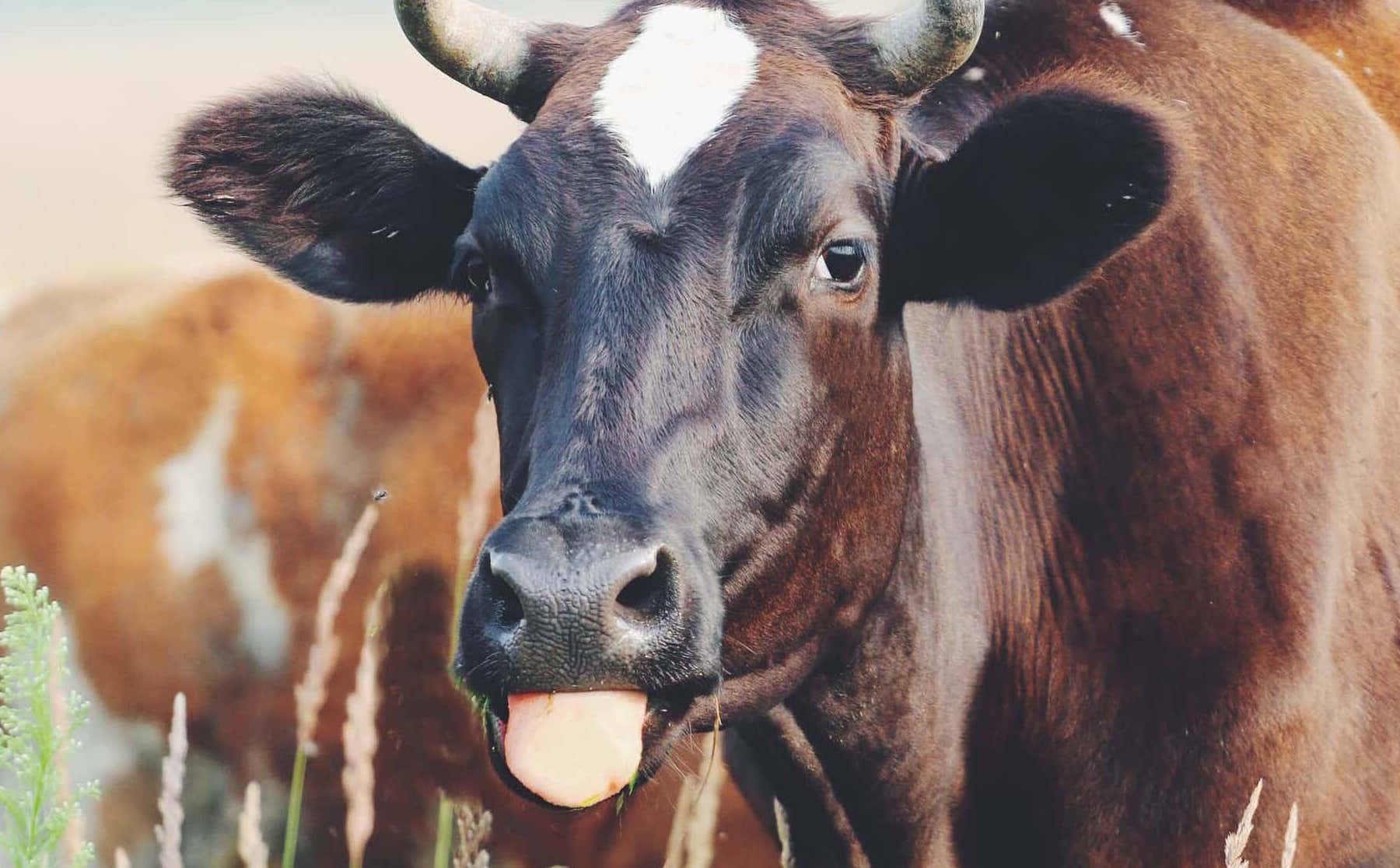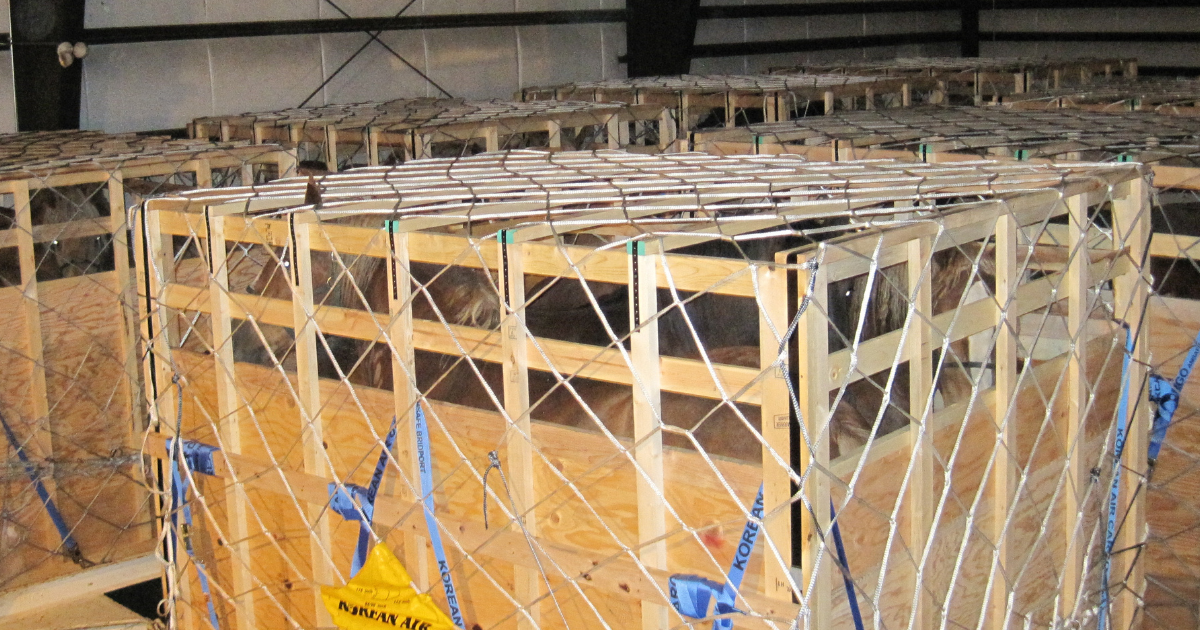Nice try, Big Dairy.
The dairy industry recently launched #Februdairy, a social media campaign aiming to promote dairy milk during the month of February. But before the campaign could even officially start, it quickly became a marketing failure.
When public caught wind, the Twitter hashtag exploded with the shocking truth about the dairy industry—focusing on the immense animal suffering that goes into all dairy milk products:
In the Canadian dairy industry, cows are forcefully impregnated, and and their calves are taken away shortly after birth so the milk can be sold. Male calves typically become veal, and female calves suffer the same fate as their mothers. When their bodies wear out and they cease to be profitable, dairy cows are sent to slaughter and become hamburger meat.
Dairy milk is isn’t just bad for animals. It’s linked to multiple diseases in humans, and takes a toll on the environment. Additionally, up to 90% of people of some non-European ethnicities can’t even digest the lactose found in dairy milk.
As plant milk sales continue to soar and dairy sales plummet, it’s easy to see why the dairy industry is desperate to convince people that its products are worth consuming.
According to Statistics Canada, milk consumption has fallen by 21.5% per-capita since 2009. Meanwhile almond milk consumption has tripled in just two years, according to Nielson.
Many milk companies see the writing on the wall, and are choosing to move into the plant-based milk market. Last year, Danone bought WhiteWave Foods, a plant-based milk company, for $10 billion USD. In 2017, Ben and Jerry’s started to roll out its impressive line of vegan ice cream.
Hello, plants—goodbye, dairy!
Meanwhile, Canadian health and food policy also appears to be shifting away from dairy. Health Canada recently released the draft for the new Canada Food Guide. Unlike previous versions, there is no dairy category in sight.
At a recent conference in Scotland, a livestock sustainability consultant stated, “There is a need in the dairy sector for some myth-busting. If consumers don’t buy our products – milk, cream, butter, cheese etc – we will not have a dairy industry in five to 10 years.”
But the real myths are the ones being told by the dairy industry. With the dairy-free movement continuing to grow, this spells good news for people, the planet and the cows.
Join the Animal Justice mailing list
Join the Animal Justice Mailing List








